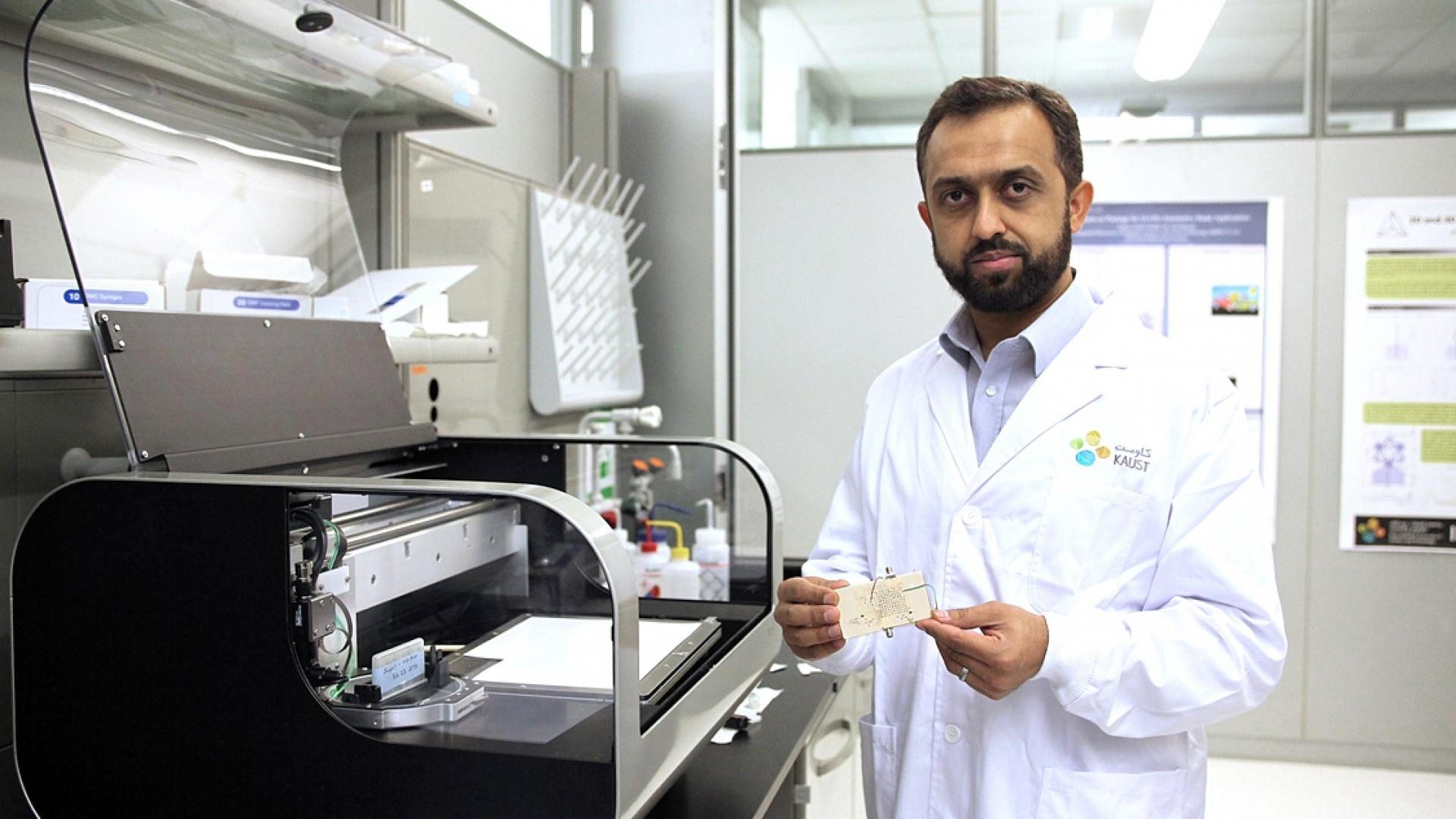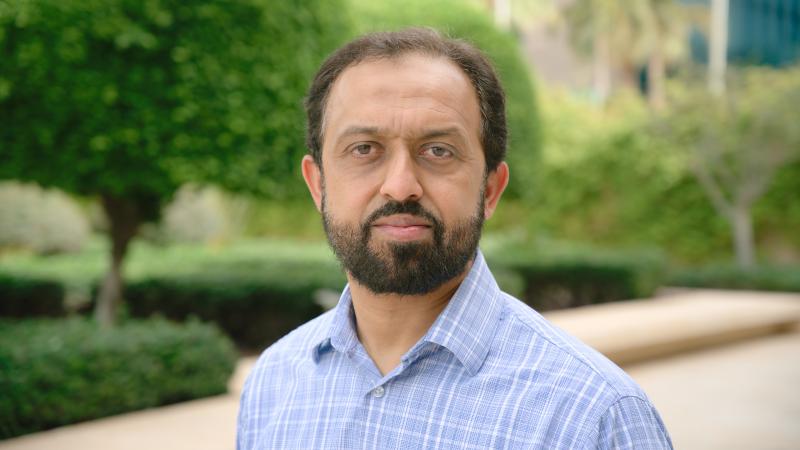By David Murphy
KAUST Associate Professor of Electrical and Computer Engineering Atif Shamim has been selected as a Distinguished Lecturer (DL) for the IEEE Antennas and Propagation Society (AP-S) from 2022 to 2024. In his new role, sponsored by the IEEE, Shamim will give lectures to AP-S chapter members on topics of interest and importance to the global AP community.
Shamim’s selection is particularly notable as he is the first AP-S DL from the MENA region; previous DL selections have predominantly come from Europe and North America. He is also the Founding Chair of the AP-S Joint Chapter for Western Saudi Arabia.
“The AP-S is one of the oldest, most competitive IEEE societies with a large number of members, so getting a DL appointment in this society is very prestigious,” Shamim said of his selection.
“I want to use the DL platform to educate students from underprivileged areas who cannot typically participate in international conferences. In my capacity as the first IEEE AP-S DL from the MENA region, I feel responsible for the dissemination of knowledge in this region. And finally, I hope to bring more visibility to KAUST and the Electrical and Computer Engineering program through this platform,” he added.
Professor Shamim’s research interests focus on innovative antenna designs and their integration strategies with circuits and sensors for flexible and wearable wireless sensing systems through a combination of complementary metal–oxide–semiconductor (CMOS) and additive manufacturing technologies. He is particularly interested in developing wearable wireless sensor systems to measure physiological parameters in real time.
“I hope such wearable sensing systems bring a lot of convenience in people’s lives so that they do not need to get admitted in hospitals just for the sake of medical observation or collection of data. With the aid of technology, all of this could be done in the convenience of home and office environments. We want to realize these sensing systems through low-cost printing methods to make them flexible and disposable.
“I hope my selection as IEEE AP DL will motivate many young researchers to achieve the same—or more—so the culture of research and excellence can prevail in the region,” he concluded.

